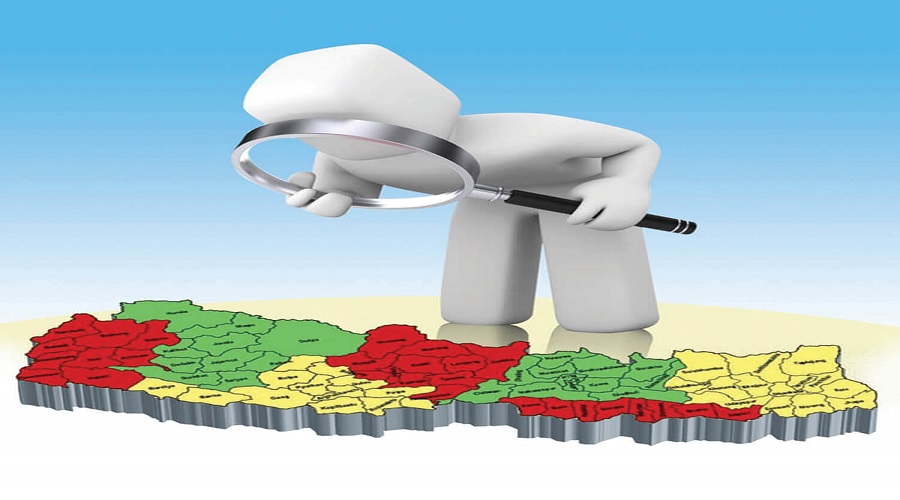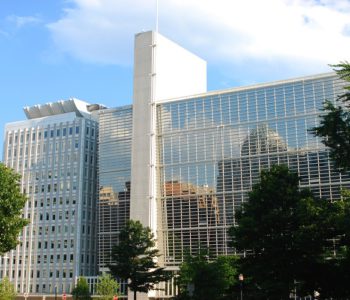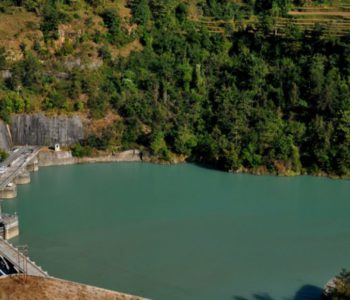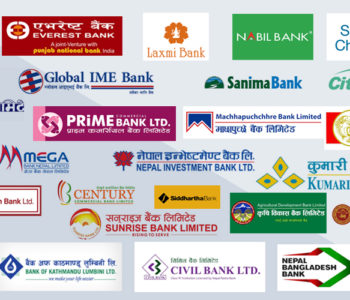Government conducts Rs 2.40 billion in cash transfers over one month

KATHMANDU: In a strategic financial maneuver, the government of [Country Name] executed cash transfers totaling Rs 2.40 billion between mid-April and mid-May, according to the Ministry of Finance (MoF). These transfers were directed towards 30 projects, primarily involving the Ministry of Energy, Water Resources and Irrigation, the Ministry of Physical Infrastructure and Transport, the Ministry of Defence, and the Ministry of Urban Development.
This significant financial reallocation involved shifting funds exceeding Rs 10 million from one capital expenditure heading to various other sub-heads within the specified period. Budget transfers, a common practice, enable the reallocation of funds from one designated program or project to another, often necessitated when government agencies fail to utilize the earmarked money effectively.
Historically, government spending on capital expenditures has hovered around 70% of the allocated budget each year. Agencies often find themselves in a rush to ramp up spending as the fiscal year-end approaches, attempting to maximize their budget utilization.
The Office of the Auditor General (OAG) has consistently highlighted these massive budget transfers in its annual reports. In the fiscal year 2021/22, the government reallocated approximately Rs 200 billion, an amount nearly equivalent to the entire development project budget for that year. The OAG has identified these transfers as a significant contributor to bureaucratic irregularities, raising concerns about the transparency and efficiency of budget management.
During the one-month period from mid-April to mid-May, the government disbursed an additional Rs 3 billion to various authorities, with notable allocations to the Ministry of Defence and the Ministry of Energy, Water Resources and Irrigation. The largest single recipient was the National Priority Project Sunkoshi-Marin Diversion Multipurpose Project, which received an additional Rs 1.40 billion through budget transfers.
The Army Headquarters benefited from an additional Rs 384.4 million, while its directorate received Rs 73.4 million. The Ministry of Urban Development secured Rs 353.6 million for the construction of special buildings, and Rs 121.7 million was allocated to the Ministry of Energy, Water Resources and Irrigation for flood control measures.
In an effort to curb last-minute fiscal indiscipline, the Financial Comptroller General Office (FCGO) has imposed restrictions on unnecessary expenditures in the final week of the fiscal year. The MoF, in adherence to this directive, has been observed transferring substantial portions of the budget just before the FCGO’s prescribed deadline each year.
These budget transfers reflect the government’s attempt to optimize resource utilization and address urgent funding needs across various sectors. However, the practice also underscores the persistent challenges in effective budget planning and execution within government agencies. The ongoing reliance on end-of-year budget adjustments highlights a systemic issue in fiscal management, calling for more stringent oversight and improved financial planning mechanisms.
The Ministry of Finance has defended these transfers, citing the necessity to ensure critical projects receive adequate funding. Nevertheless, the OAG’s repeated calls for greater accountability and transparency in budgetary processes remain pertinent. As the fiscal year draws to a close, the spotlight remains on how effectively these allocated funds will be utilized and whether the intended projects will see timely and efficient completion.
In conclusion, while the government’s recent cash transfers aim to address immediate funding gaps and support key projects, the broader implications for fiscal discipline and budgetary integrity continue to be a subject of critical scrutiny. The ongoing efforts to enhance financial governance will be crucial in addressing the underlying issues highlighted by these recurrent budget transfers.












Facebook Comment